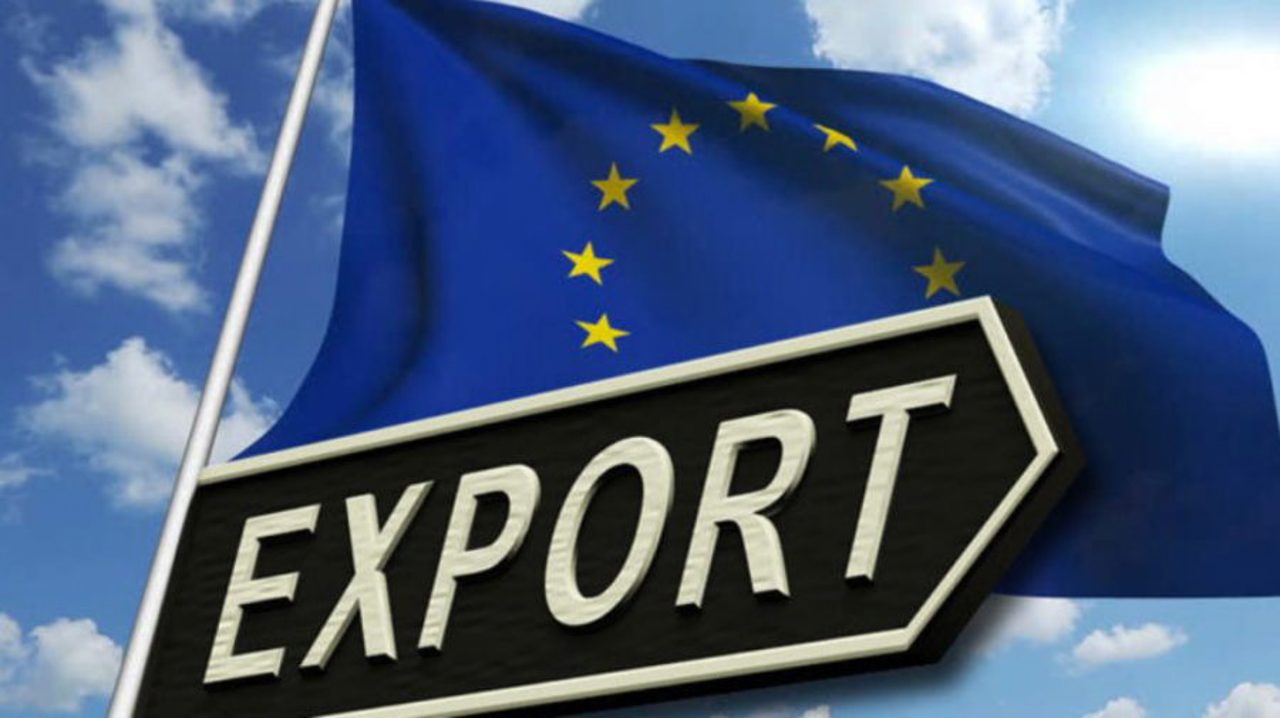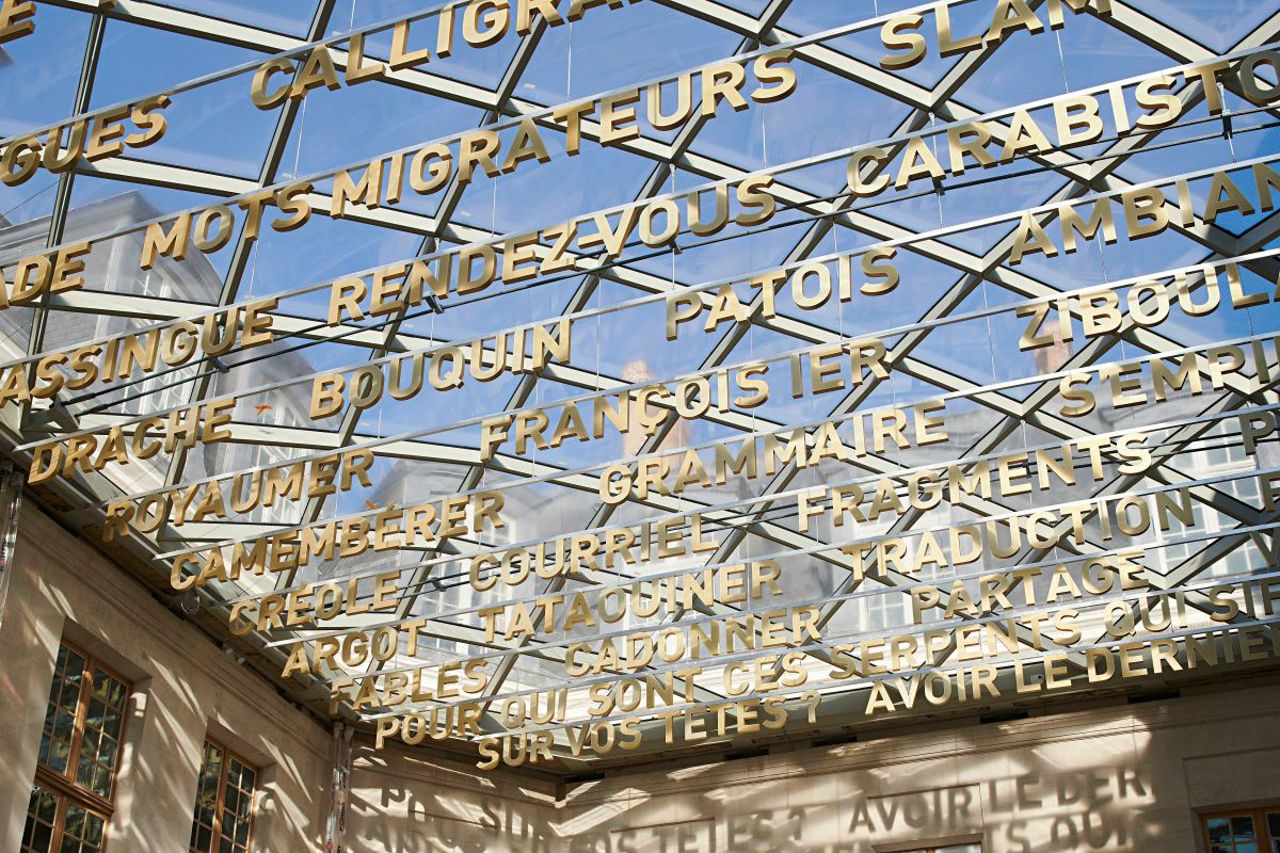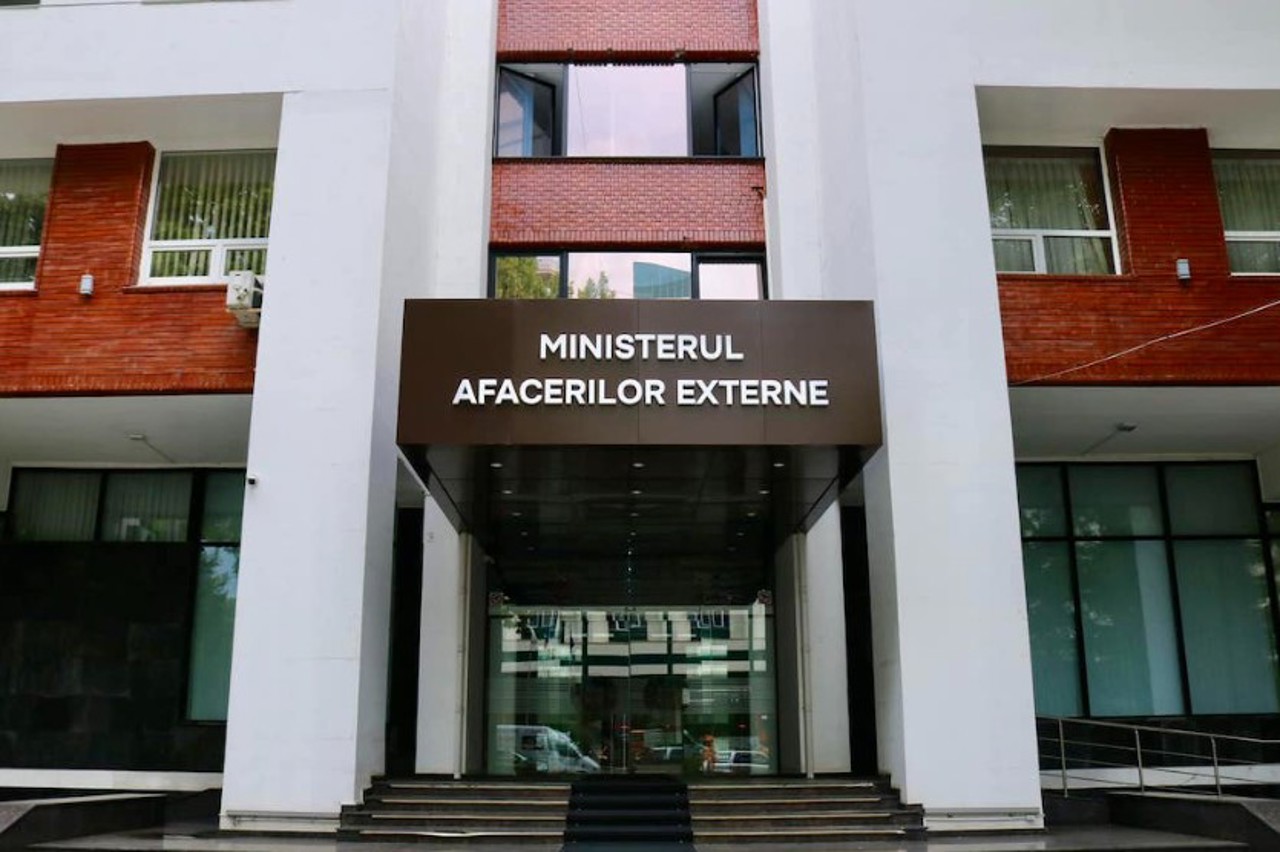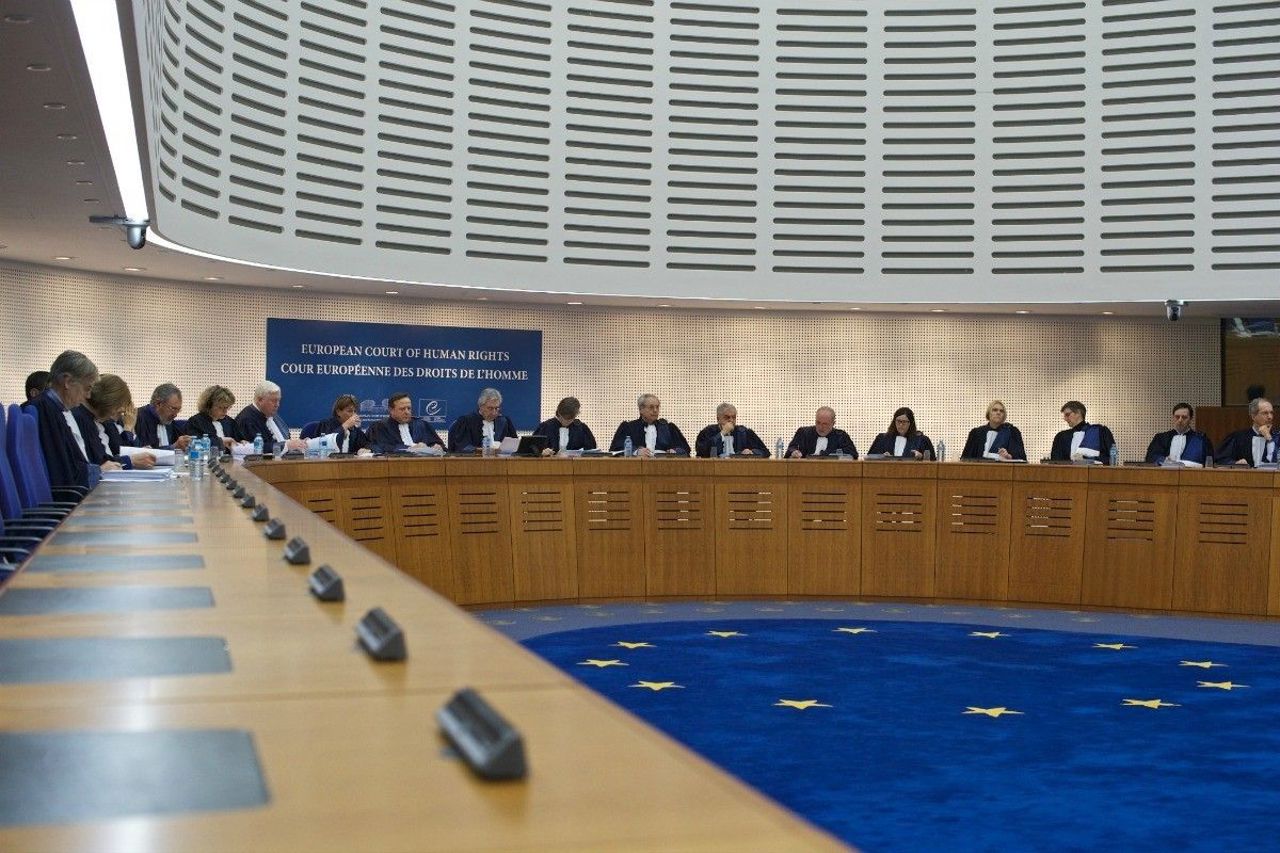Moldova Gets Trade Boost from EU
While yesterday's headlines focused on a deepening defence cooperation agreement between Chișinău and the European Union, the actual development was a proposal for Moldova to increase information sharing, engage in joint military exercises, and participate in the EU's joint arms procurement program.

Focus Shifted from Security Pact to Extended Trade Liberalisation
Although a security pact signed by Chișinău and the EU on Tuesday, May 14 garnered significant attention, the key development was actually the one-year extension of trade liberalisation for Moldova.
The European Council extended this trade liberalisation initiative, suspending import duties and quotas on Moldovan exports to the EU for another year. This allows Moldovan producers to export table grapes, tomatoes, garlic, apples, cherries, plums, and grape juice without facing taxes or quantitative restrictions.
Moldovan Deputy Prime Minister Emphasises Significance for Businesses
Moldovan Deputy Prime Minister Dumitru Alaiba emphasised the significance of this decision for Moldovan businesses. He underscored the competitive edge and market growth prospects it presents, particularly in light of embargoes imposed by other regions. Data from the Ministry of Economic and Digital Development indicates a significant increase in Moldovan exports to the EU, with a notable rise in exports of grapes, apples, plums, and cherries from 2021 to 2023.
Surpassed Quotas Reflect Growing Demand for Moldovan Goods
The fact that quotas for several products were exceeded highlights the growing demand for and appreciation of Moldovan goods on the EU market. The temporary trade liberalisation has not only facilitated economic benefits but has also supported Moldovan farmers, leading to substantial savings and a significant increase in business value in 2023.
Autonomous Trade Measures to Bolster Economic Development
These autonomous trade measures beneficial to Moldova will enter into force on July 25, 2024, and will remain in effect until July 24, 2025, as part of the EU's continued support for the country's economic development.
AUTHOR: Dan Alexe
Translation by Iurie Tataru




